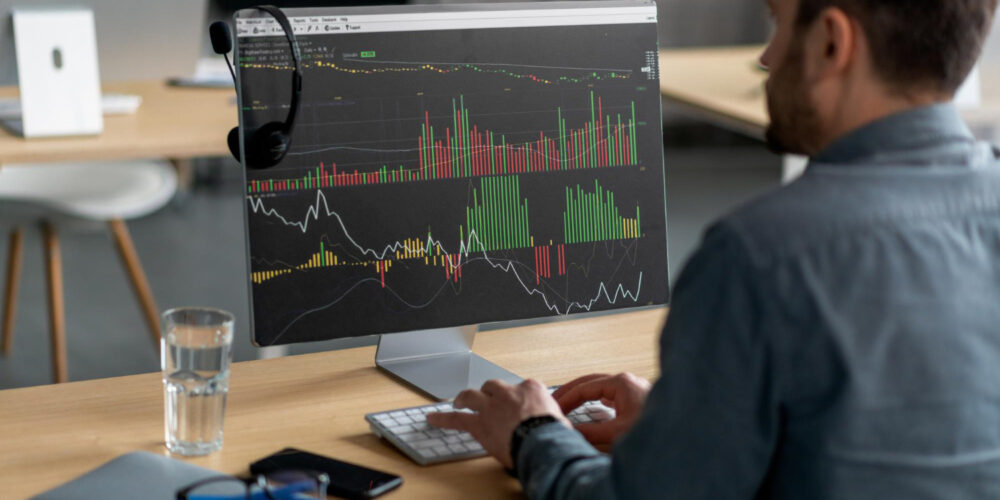Digital Economy and Society Index (DESI) 2021

Romania ranks 27th out of the 27 EU member states in the 2022 edition of the Digital Economy and Society Index (DESI). Importantly, its relative annual growth lags behind other countries, indicating that it is not cooperating with the rest of the member states. The country lags behind on several indicators in the dimension of human capital, with a very low level of basic digital skills compared to the EU average, but maintaining its high rankings in the proportion of female ICT specialists employed (2nd place) and graduates ICT (4th place).
A significant change of pace in Romania’s digital skills would mean crucial preparation for the EU to reach the Digital Decade’s goal of basic digital and ICT skills. Romania has comparatively good results in connectivity, which is the dimension in which it scores the best.
The continuation of the COVID-19 pandemic in 2021 and frequent changes in government (five governments in the last 4 years) represent a particular challenge for the country. Digitization continues to be a key priority of the current government in power from 25 November 2021 with the simplification of legislation and the creation of a business-friendly regulatory environment.
Romania’s Recovery and Resilience Plan aims to address most of the country’s digitalisation, contributing 5.97 billion euros (ie 20.5% of the total allocation for Romania) towards digital goals.
In terms of connectivity, Romania ranks 15th out of 27 EU countries and is thus below the EU average. Romania’s biggest connectivity challenge is to improve its overall fixed broadband take-up, which stagnates at 66% and is significantly below the EU average (78%), despite low broadband costs and high coverage of very high capacity networks.
The digital transformation of the Romanian public sector is led by the e-government public policy for the period 2021-2030. The policy resulted from the government’s flagship project to establish a framework for the development of e-government tools.


